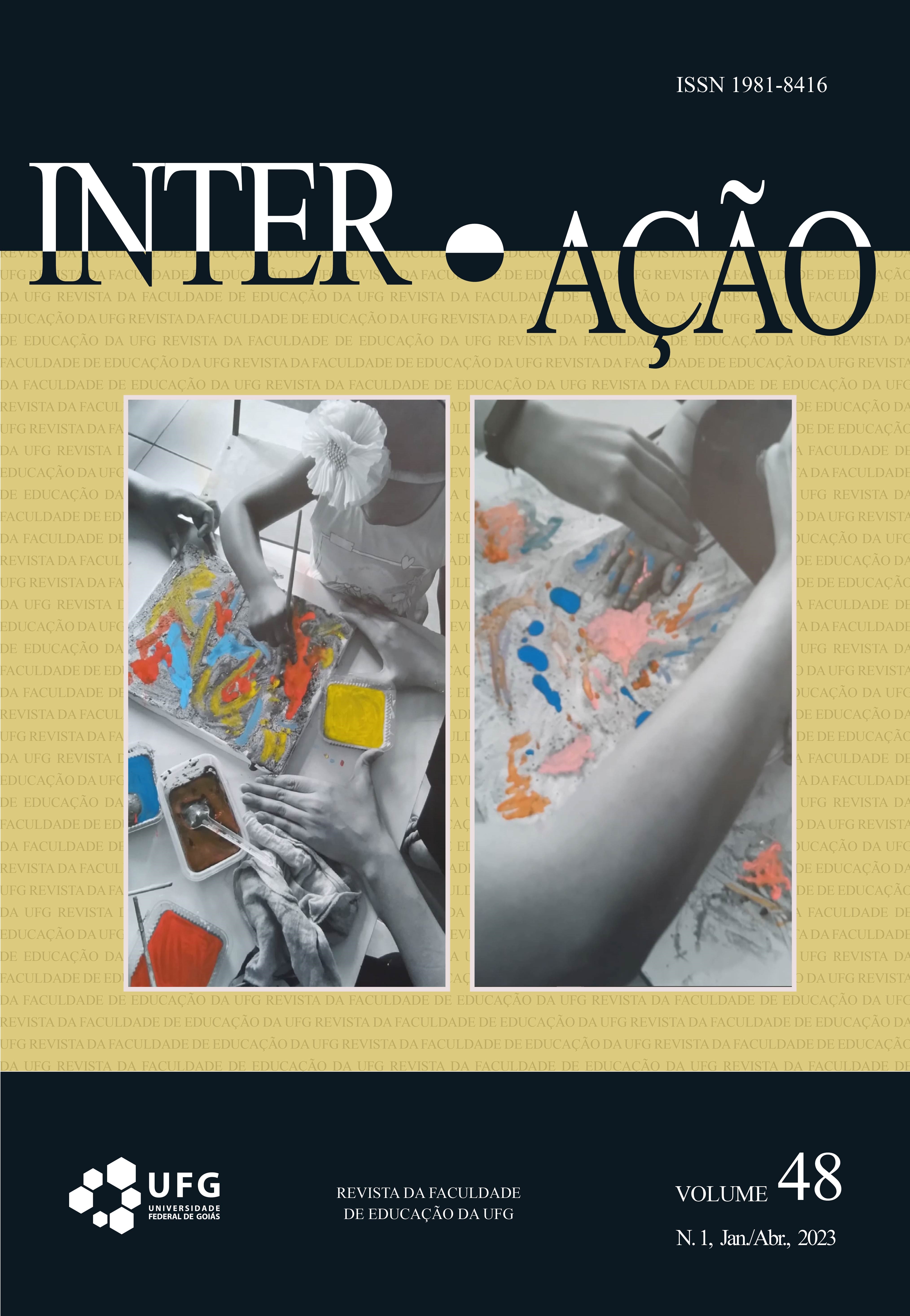DISTINGUISHED HISTORICAL-PHILOSOPHICAL REPRESENTATIONS OF THE EVENT DEMOCRACY FROM ANCIENT TIMES TO THE PRESENT TIME
DOI:
https://doi.org/10.5216/ia.v48i1.75735Abstract
This reflection aims to point out the lines of force and metamorphoses of the democracy event over time. Concomitantely, from the intersection of the various positions of some philosopher thinkers duly selected and that can be taken as those who, unequivocally, when dedicating themselves to the study and analysis of democracy demonstrated a certain innovation in relation to its meaning and experience, reflection, helping them, presents the pillars of democracy and adequate articulation of the prerogatives that it has raised in the various historical epochs. Moreover, implicitly, the reflection denotes that there is and has never been consensus around the democracy event, but rather meritorious approximations. It is an event open to debate because with the passage of time and as it adopts various aspects, the result of the metamorphoses that it is going through, and with a view to its (re)affirmation and consequent validation presents itself as an open field for possible understandings, that is, it opens space for alternative democracies that should be understood as its middle ground today. Moreover, the new democratic construct without losing the essence of democracy must be in favor of the adoption of different forms of citizen participation, freedom in thinking, decision and opinion, tolerance and search for consensus, equity, social justice, sharing of all kinds of resources and goods with a view to fewer conflicts, less violence, in short fewer wars and more harmony and peace.
KEYWORDS: Democracy, Philosophy, History, Representations.
Downloads
Published
How to Cite
Issue
Section
License
Copyright (c) 2023 Rosa Alfredo Mechiço, António Xavier Tomo

This work is licensed under a Creative Commons Attribution-NonCommercial 4.0 International License.
Inter-Ação uses the Creative Commons Attribution 4.0 License for Open Access Journals (Open Archives Initiative - OAI) as the basis for the transfer of rights. Open access means making documents available on the Internet free of charge, so that users can read, download, copy, distribute, print, search, or link to the full text of documents, process them for indexing, use them as input data for software programs, or use them for any other lawful purpose, without financial, legal, or technical barriers.
Authors publishing in this journal agree to the following conditions:
1) Authors retain copyright and grant the journal the right of first publication, with the work simultaneously licensed under the Creative Commons Attribution License, which permits redistribution of the work with attribution and first publication in this journal.
2) Authors are permitted to enter into additional, separate agreements for non-exclusive distribution of the version of the work published in this journal (e.g., for publication in an institutional repository or as a book chapter), with attribution and first publication in this journal.
3) Authors are permitted and encouraged to publish and distribute their work online (e.g. in institutional repositories or on their home page) at any time before or during the editorial process, as this may generate productive changes as well as increase the impact and citation of the published work.















